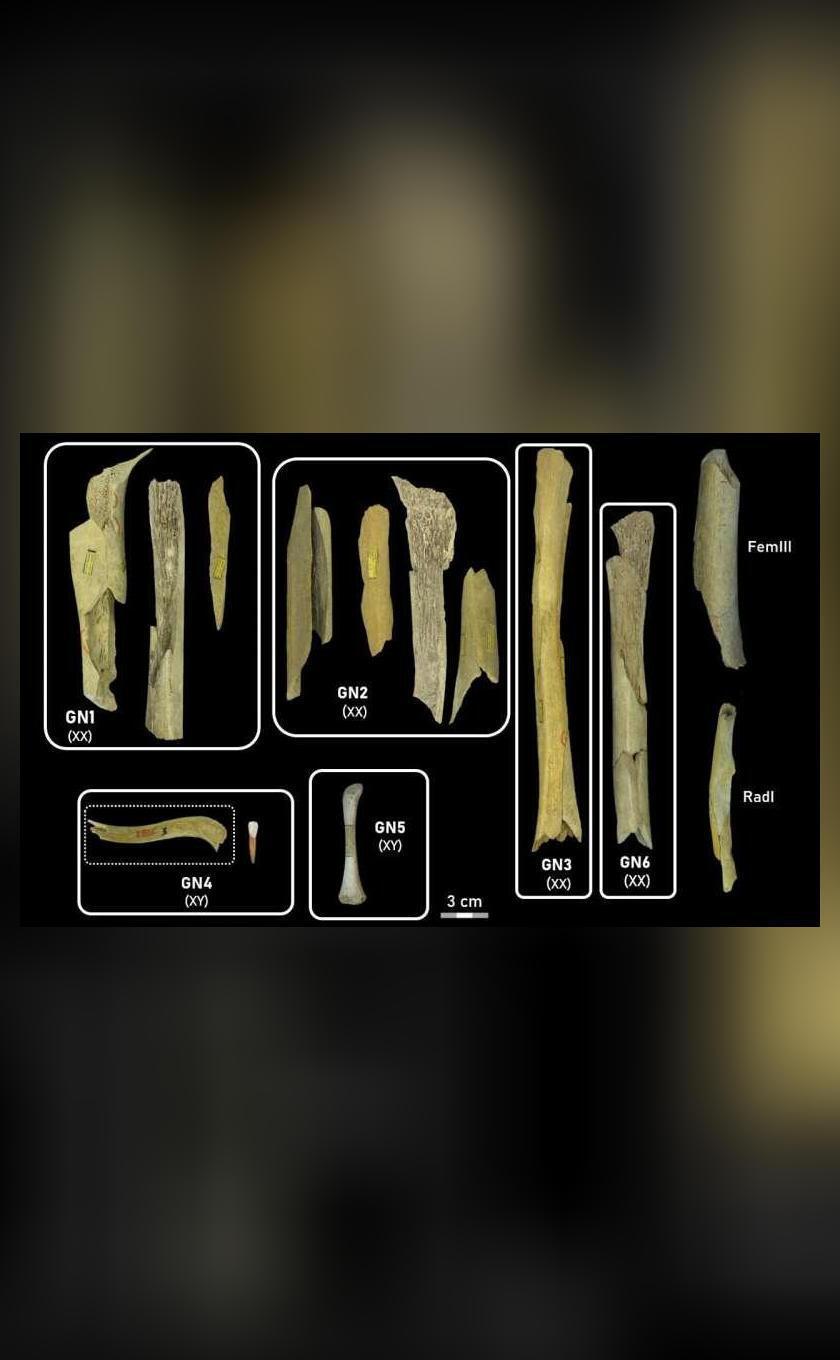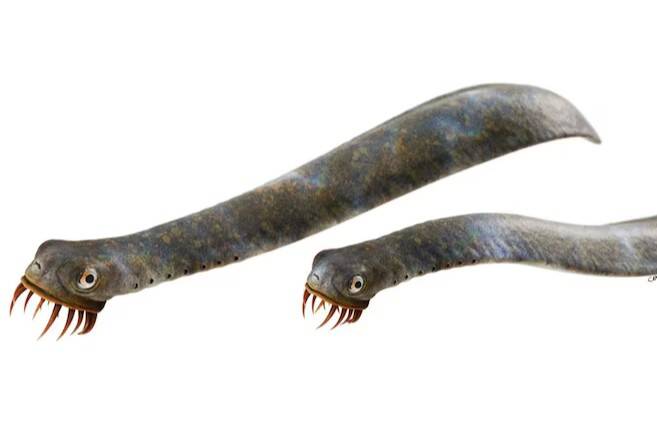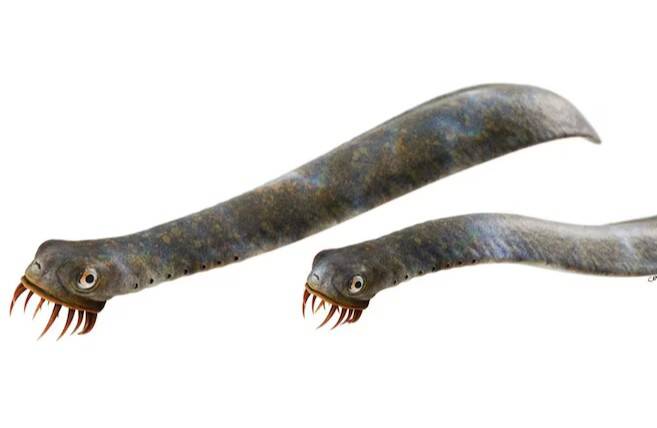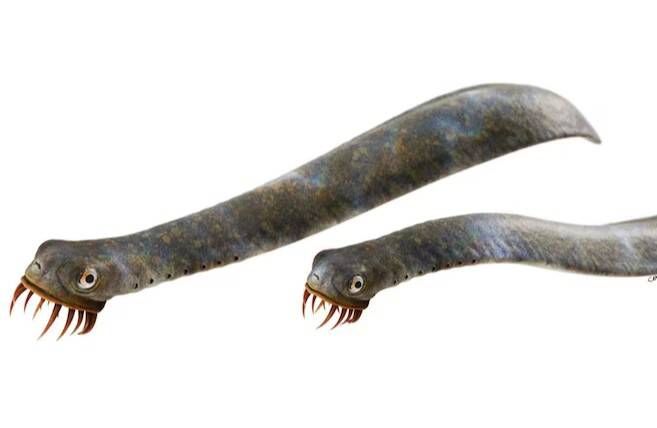
Neanderthals ate outsider women & children 45,000 years ago: Study
A groundbreaking study of human remains in Belgium’s Goyet cave system has shed new light on the behavior of Neanderthals, revealing a dark and unsettling practice that was previously unknown. According to the research, Neanderthals engaged in cannibalism, targeting women and children from other communities, approximately 45,000 years ago. This shocking discovery has significant implications for our understanding of Neanderthal society and behavior, and raises important questions about the dynamics of human evolution.
The study, which analyzed 101 bone fragments found in the Goyet cave system, identified butchery marks similar to those found on animal bones. This suggests that the Neanderthals treated their human victims in a similar manner to the animals they hunted, using them as a source of food. The presence of these butchery marks is a clear indication of cannibalism, and the fact that the victims were predominantly women and children is a disturbing aspect of this discovery.
The researchers believe that this cannibalism was linked to territorial conflict, which was likely exacerbated by the decline of Neanderthal populations and the expansion of Homo sapiens into nearby regions. As Neanderthal numbers dwindled, they may have become more aggressive and competitive, leading to conflicts with other groups. The targeting of women and children, who are often the most vulnerable members of a community, suggests a level of ruthlessness and desperation among the Neanderthals.
This study provides a unique glimpse into the lives of Neanderthals, who have long been the subject of fascination and speculation. For many years, scientists have debated the nature of Neanderthal society, with some portraying them as gentle and cooperative, while others have suggested that they were more aggressive and competitive. This new evidence suggests that the truth may lie somewhere in between, with Neanderthals capable of both cooperation and violence.
The discovery of cannibalism among Neanderthals also raises important questions about the evolution of human behavior. While cannibalism is not unique to Neanderthals, and has been practiced by various human societies throughout history, it is a behavior that is often associated with extreme circumstances, such as war, famine, or other forms of crisis. The fact that Neanderthals engaged in cannibalism, even in the absence of these extreme circumstances, suggests that they may have had a different relationship with violence and aggression than modern humans.
The study also highlights the importance of the Goyet cave system as a site of archaeological significance. The cave system, which is located in Belgium, has yielded a wealth of information about Neanderthal behavior and culture, including evidence of tool use, hunting practices, and social organization. The discovery of human remains with butchery marks is a significant addition to this body of evidence, and provides a unique insight into the lives of Neanderthals.
In conclusion, the study of human remains in the Goyet cave system has revealed a shocking and disturbing aspect of Neanderthal behavior, which challenges our previous understanding of these ancient humans. The fact that Neanderthals engaged in cannibalism, targeting women and children from other communities, is a grim reminder of the complexity and diversity of human behavior, and highlights the need for further research into the evolution of human society.
The discovery of cannibalism among Neanderthals is a significant finding, which has important implications for our understanding of human evolution and behavior. As we continue to learn more about our ancient ancestors, we are reminded of the complexity and diversity of human experience, and the need to approach the study of human evolution with nuance and sensitivity.
For more information on this study, please visit: https://phys.org/news/2025-11-neanderthal-women-children-victims-cannibalism.html
Source: https://phys.org/news/2025-11-neanderthal-women-children-victims-cannibalism.html





